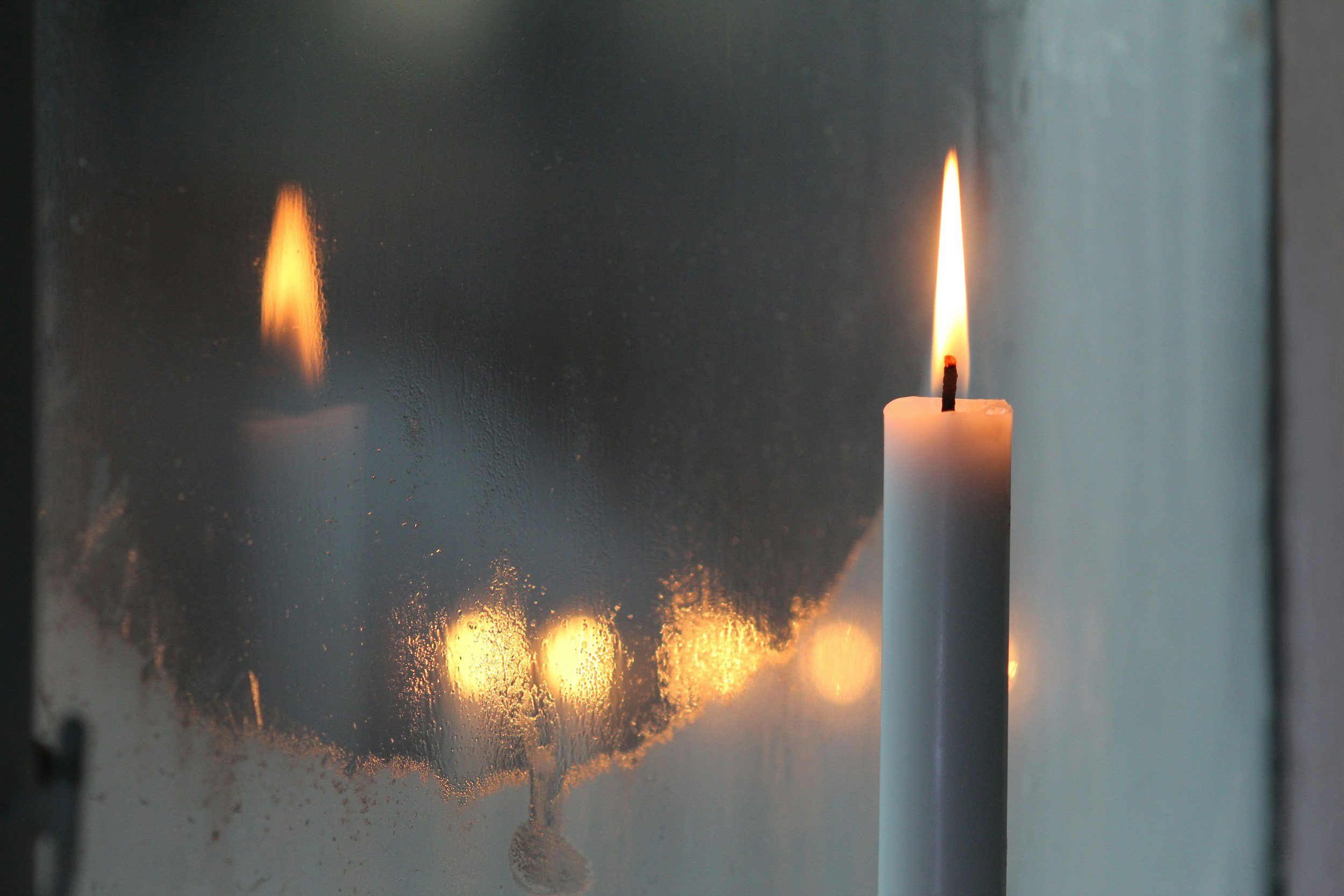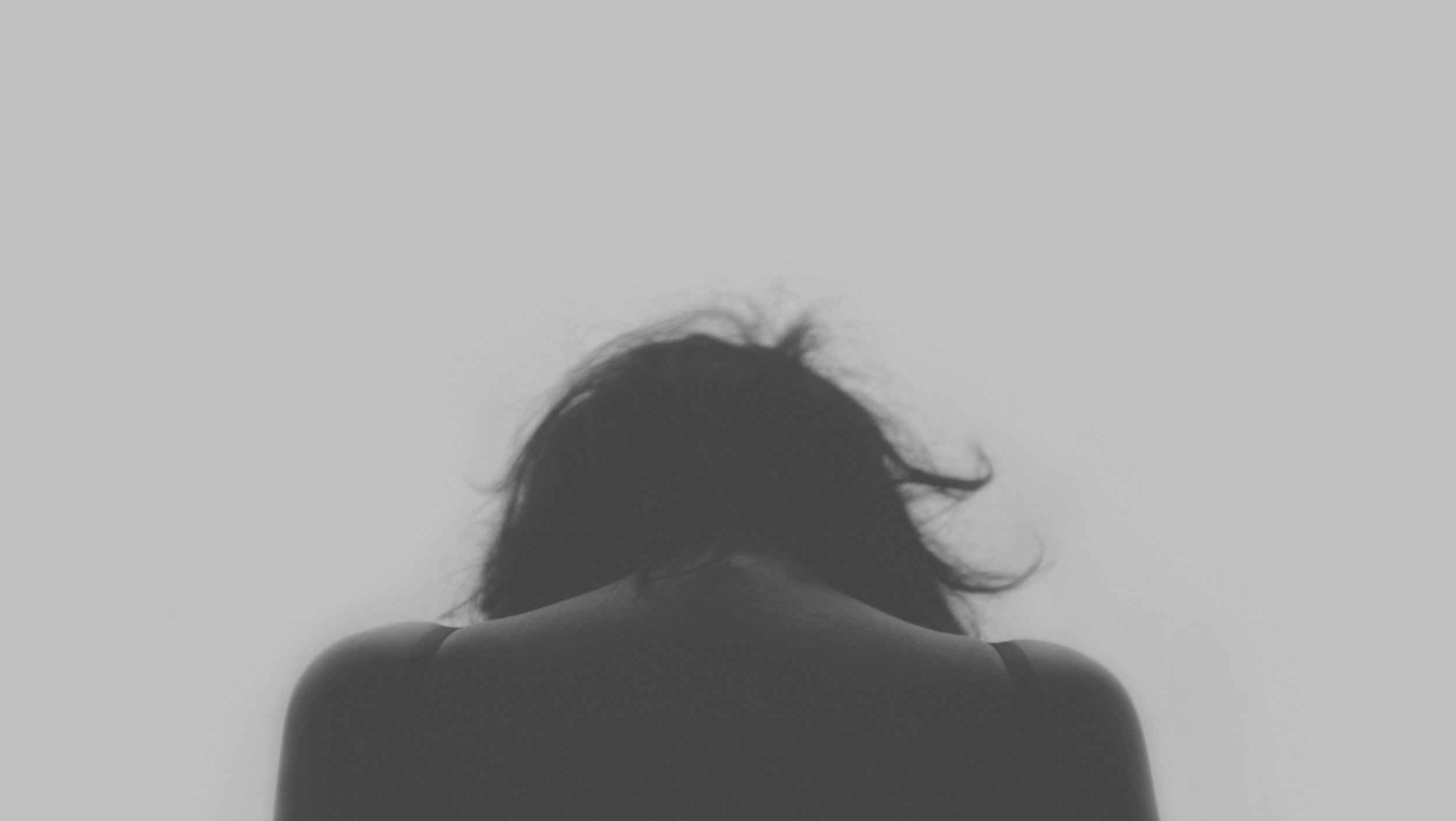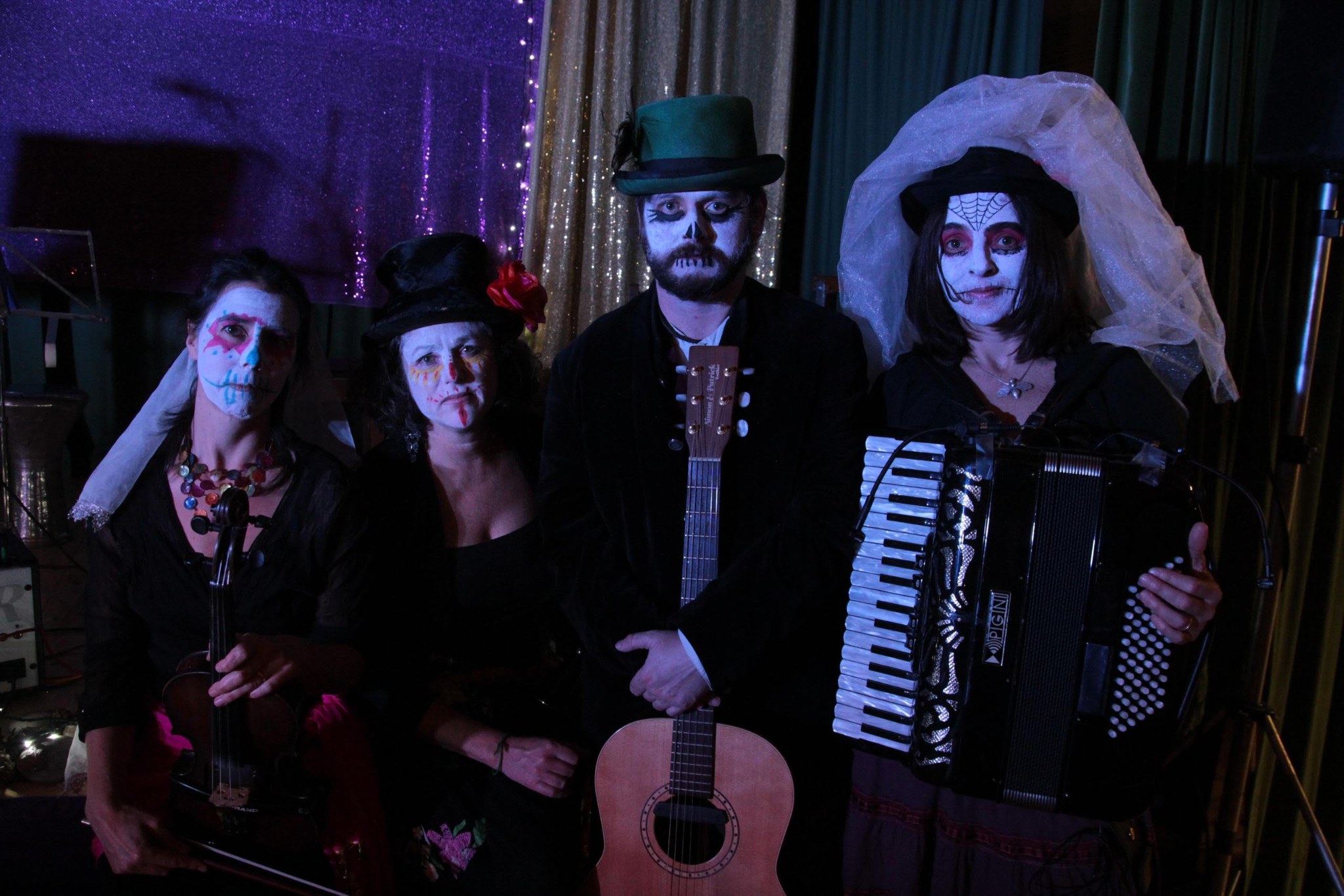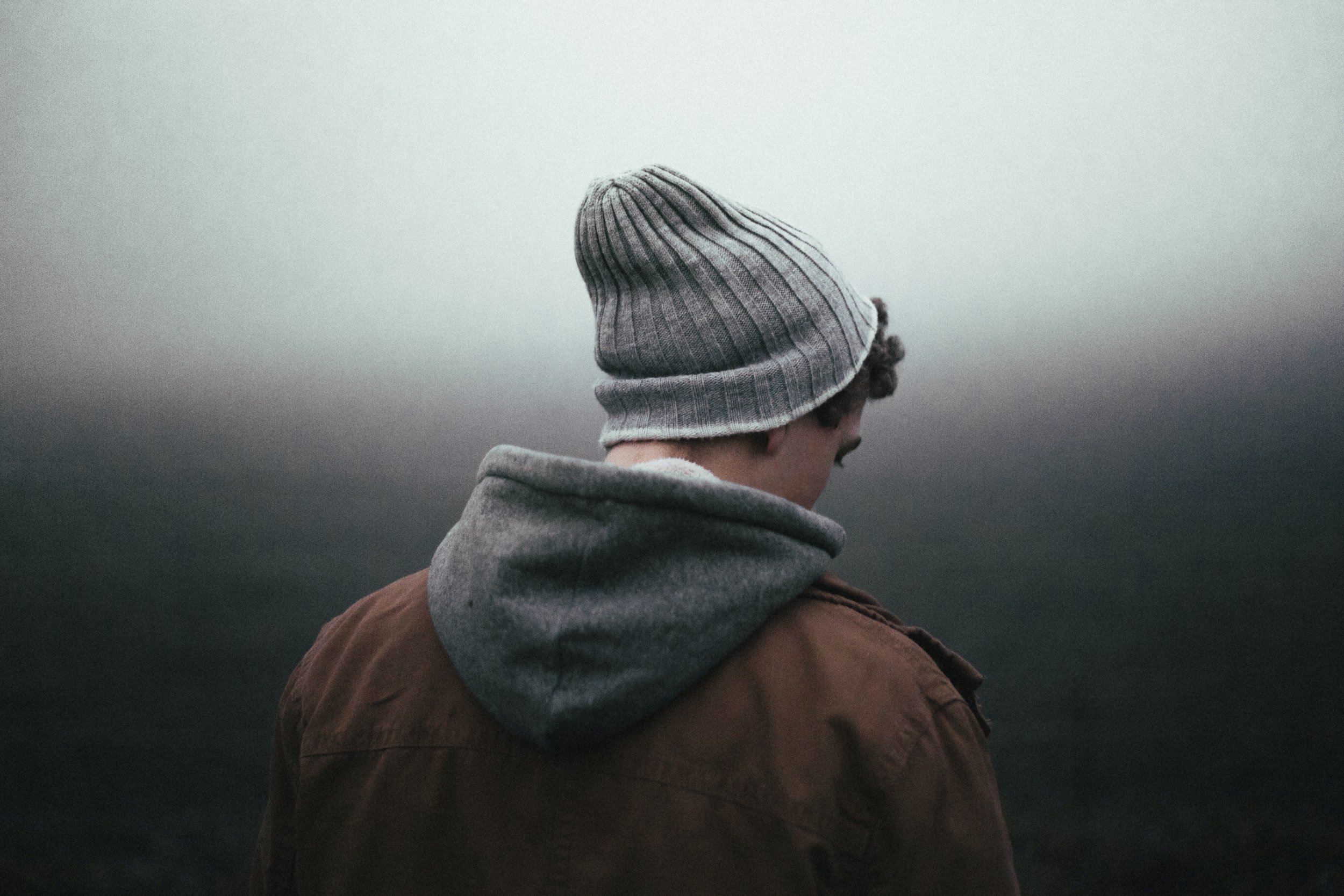
The power of the ‘in-between’ time
Part of Life was thrilled to be invited to a special The Power of Liminal Time workshop, aimed at understanding why men are reticent to attend such workshops.
This blog is a personal journey, offering a white male perspective on the session that is in no way meant to lessen any other experiences.

Mother’s Day and grief
Mother’s Day can be a difficult time for many. There are those who are grieving for their mothers and mothers who are grieving for their children.
Coping on Mother’s Day when you have experienced a loss may seem unfathomable, but we hope that these suggestions on how to manage the day may offer some comfort.

Books for children and young people – World Book Day
We know that death and dying is a taboo topic for most adults, but this is especially the case when communicating it to children and young people. To mark World Book Day on 6 March, Part of Life guest blogger, Amy Jackson, explores some of the most popular children’s books on death, dying and grief.

Film review – We Live in Time
Released in UK cinemas earlier this month, We Live in Time stars Andrew Garfield and Florence Pugh in a romantic comedy-drama that explores love, life and loss. In her latest blog for Part of Life, Amy Jackson reviews the film, looking at the emotional themes involved and how they are portrayed and the important questions it raises about mortality and memory.

Grief support
We have pulled together a list of grief and bereavement resources that you can turn to when you need support and to find some calm and solace.

National Grief Awareness Week 2024: Six Ways to Support Someone Who is Grieving
The 2nd to 8th of December marks National Grief Awareness Week 2024. We spoke to Part of Life guest blogger, Amy Jackson, about how best to offer support to someone who is grieving.

The Grief Self-Care Guide
To mark National Self-Care Week, we asked guest blogger, Amy Jackson, for her tips on how she took care of herself after experiencing a number of bereavements. Her Grief Self Care Guide provides simple and accessible tips to help adjust to life without loved ones and to improve wellbeing.

Is death really taboo?
Sue Brayne has an MA in the Rhetoric and Rituals of Death and is an end-of-life researcher and she is the author of The D-Word: talking about dying.
In this blog for Part of Life, Sue explains how her work with the Death Café movement has led her to believe that talking about death is no longer the taboo it once was, but what we lack is the understanding of how to talk about death and dying.

Wild swimming and grief
Increasing numbers of studies are connecting the power of nature to wellbeing, pain management and peace at end of life. At Part of Life, we understand that nature can be a solace for mental suffering, be it anxiety, depression or grief.
There are many ways to connect with nature to access its mental health benefits. One popular method to immerse oneself in nature is wild swimming.

Dr. Kate Woodthorpe on the future of grief
Part of Life spoke to Dr. Kate Woodthorpe, Co-Director of the Centre for Death and Society (CDAS) at Bath University, about how she came to work in death studies and where she believes the future of grief is heading.

My Grief Playlist
Study beats, Saturday night party hits, hardcore workout anthems maybe, but a Grief Playlist? As part of National Grief Awareness Week, guest blogger, Amy Jackson shares her top five songs to grieve to. Listen along, share your top tunes and visit our Part of Life Playlist.

Children need to know
As part of Children’s Grief Awareness Week (16-23 November), we asked We Hear You’s Chair Of Trustees and Dorothy House Psychological Support Lead, Anne Montague to provide some useful tips for how to support children through grief.

Kicking the Bucket – A festival of living and dying
Liz Rothschild set up the Kicking the Bucket Festival in 2012. Working as a celebrant and burial ground manager, she realised that it was essential to talk with people before a bereavement in order for people to feel able to ask for what they really need. Here, Liz tells us about why she started the festival, what it involves, and how it helps to destigmatise the taboo subject of death and dying.

What will your Digital Legacy be?
We all have a digital footprint. Every post on Instagram, every music playlist we’ve carefully curated. Whether it’s photos, emails or even gaming avatars, what will happen to them when we die and will loved ones ever be able to access them again as a means to connect and as balm to grief?

End of life care and learning disabilities
People with a learning disability and autistic people, who die earlier than the rest of the population face little or no end-of-life care planning. Lynnette Glass, BSW LeDeR area coordinator writes about their ambition to change this inequality.

From the mouths of babes…
19 year-old Jess’s Mum died in May 2021. In this honest and disarming interview Jess shares her experience of death, grief and bereavement and its catastrophic impact on her academic career and personal life.

Supporting teens through bereavement
It’s tough being a teenager, especially in today’s world. It becomes immeasurably harder when you’re a teenager who is losing, or has lost a parent. Anne Montague, Trustee for We Hear You, discusses how to support teens through grief.

In conversation with Sir Al
From losing his father aged ten, to his time as England’s first Children’s Commissioner, the plight of hidden mourners and the role religions could play in destigmatising death - Sir Al Aynsley Green makes a passionate plea for change.

More Than Ever - a film review
Film review of Cannes nominee More Than Ever. A tale of love, loss, grief and conscious death against the breathtaking backdrop of the Norwegian fjords.

Beth Nielsen-Chapman Interview
On grief, mortality and the power of music to heal.